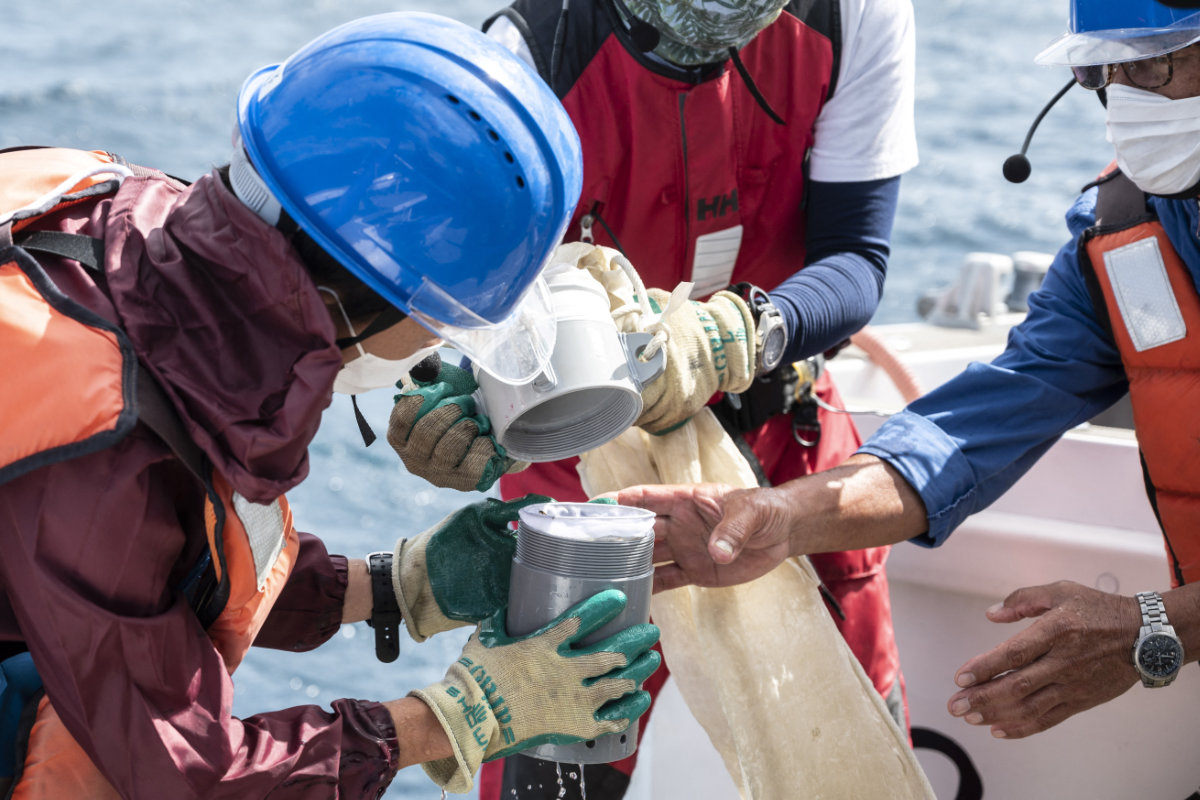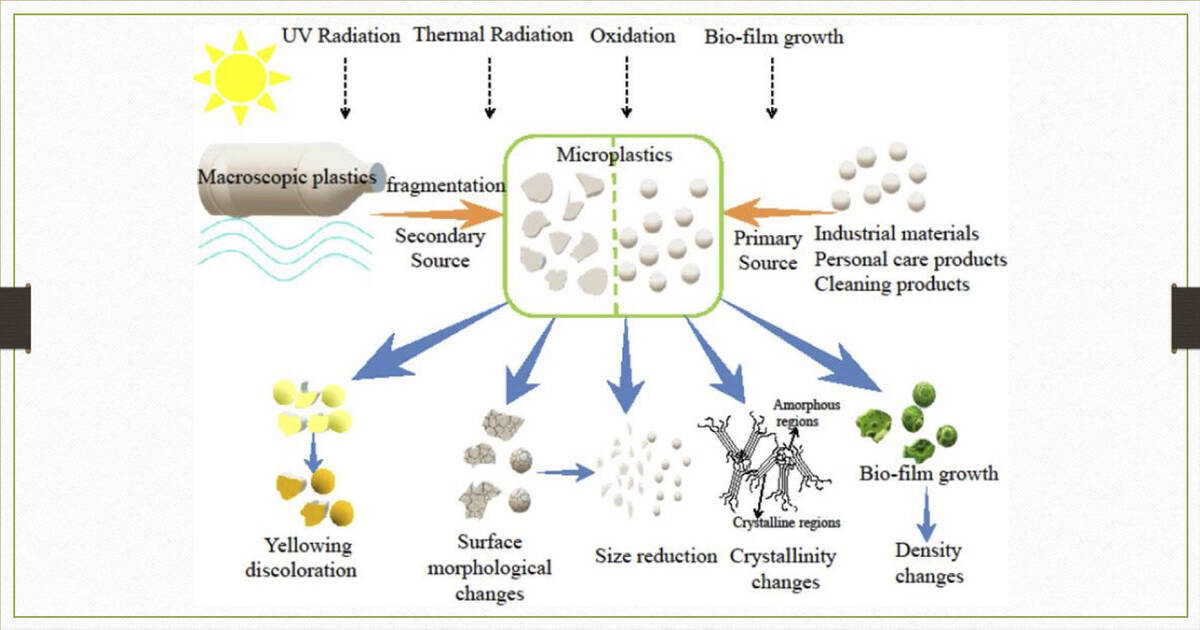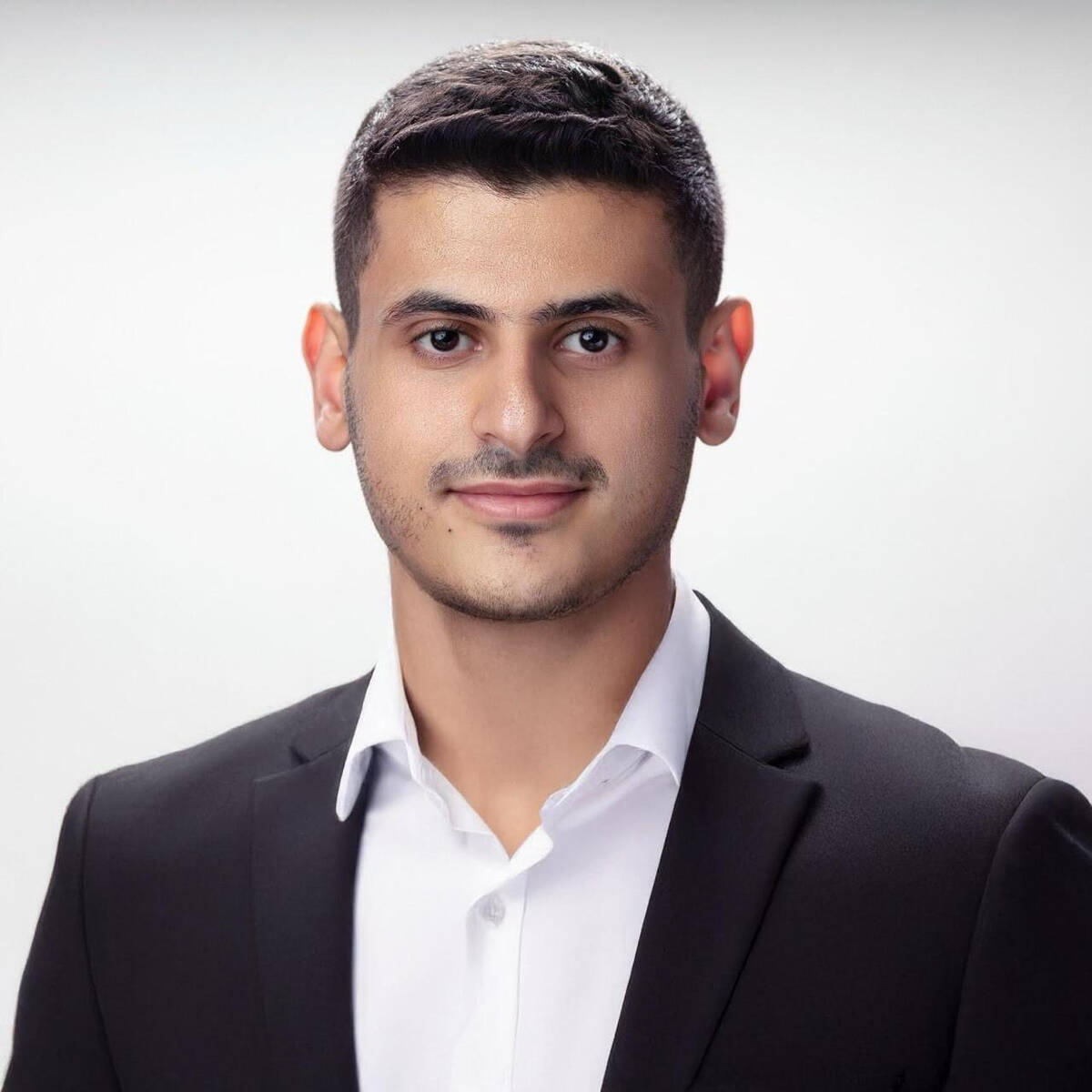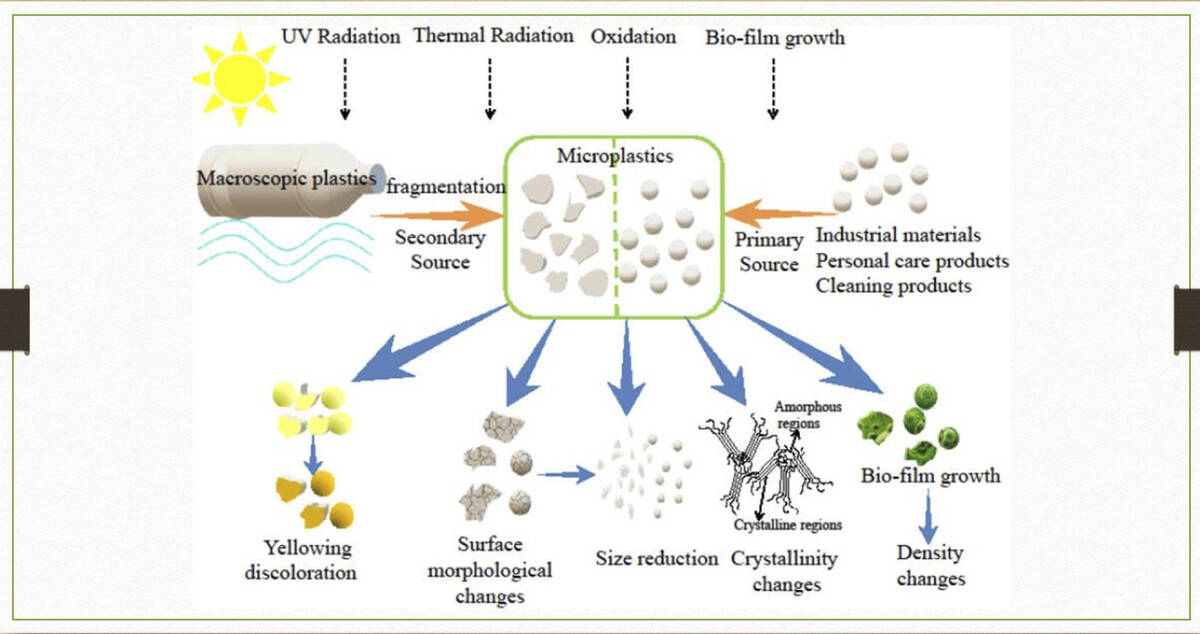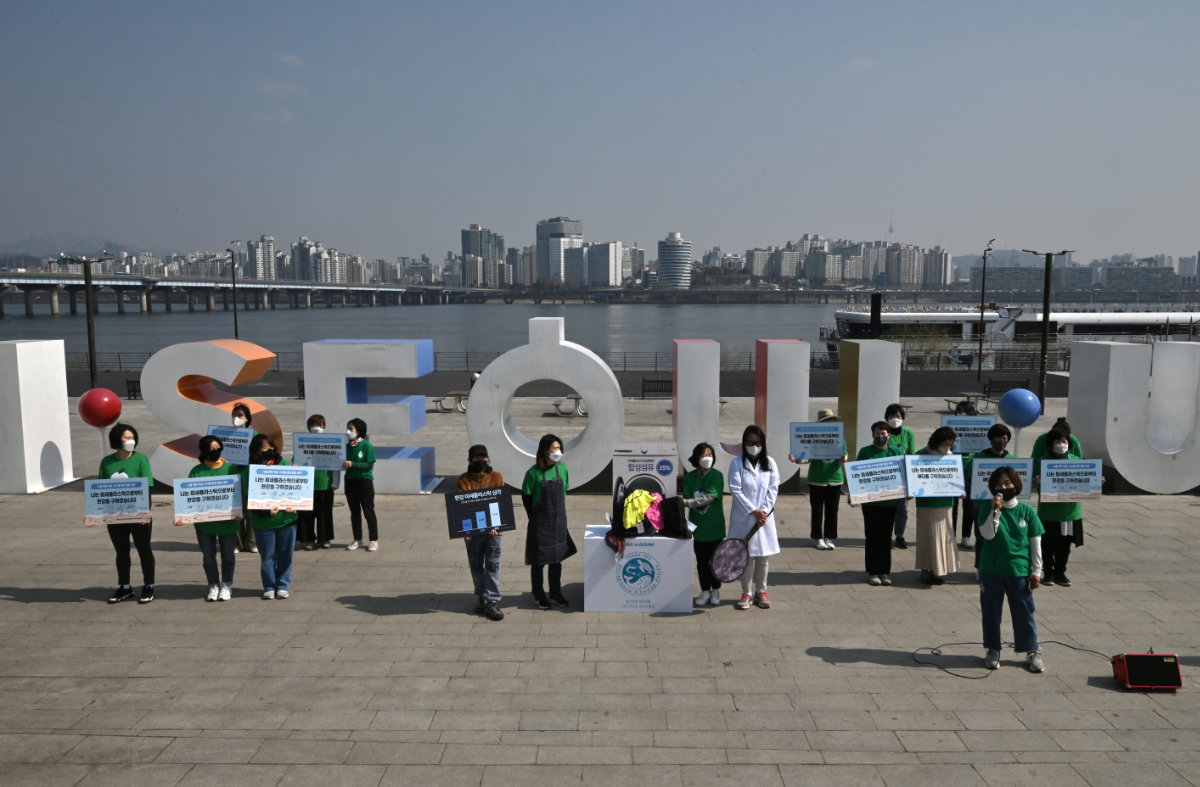RIYADH: Saudi Arabians have a lot of love for Captain Majid, rooted in the animated character’s cultural significance, inspirational narratives and devotion to the game of football.
Developed from the Japanese manga series, “Captain Tsubasa,” he has become a cultural phenomenon that resonates with fans across the Kingdom, inspiring young Saudis to dream big and pursue their footballing dreams.

For sports lawyer Waleed Melhan, "Captain Majid" shaped his career. Watching the series from age three sparked his love for football, especially through his favorite character, Yasīn (Taro Misaki). Melhan credits the show for inspiring his journey into sports law, where he now represents various players and agencies. (supplied)
The original series followed the journey of Tsubasa Ozora (Majid Kamel in the Arabic broadcast), a young boy with an unwavering passion for football. His determination, skill and friendships illustrate the struggles and triumphs faced by aspiring athletes.
For many Saudis, watching Majid’s adventures was not merely a childhood pastime — it was an introduction to the world of football that lay the foundations of their own dreams.
Waleed Melhan, for example, a sports lawyer, is among those who says Captain Majid was pivotal in shaping his career. He started watching the series at the tender age of three, and its influence on his life has been profound.
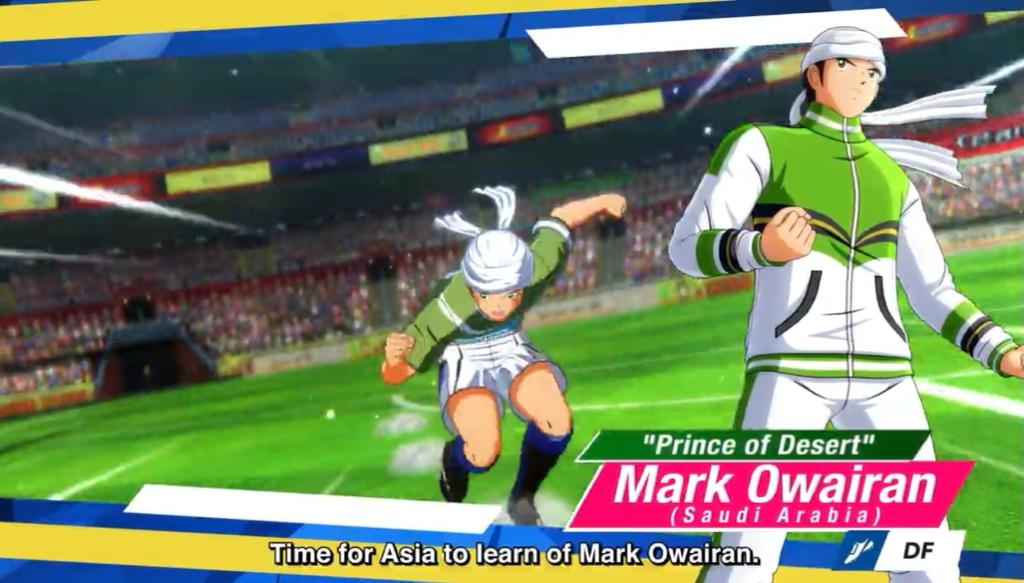
In 2020, KLab Inc., a leader in online mobile games, announced that its head-to-head football simulation game Captain Tsubasa: Dream Team debuted new players wearing the Saudi Arabia national team official kit. (supplied)
“The series had a huge impact on my love for football,” he told Arab News. “My favorite character was Yasin (Taro Misaki), whose struggles for a chance to play resonated with me. Watching him fueled my passion and set me on a path toward a career in sports law.”
Today, Melhan represents numerous players and agencies, and he credits his success to the inspiration he found in Captain Majid.
His story is not unique. Local referee Faleh Al-Nasser recalls: “I was addicted to the show as a child. I would rush home from school to catch every episode and I memorized all the songs. It sparked my love for football and ultimately led me to become a referee for local matches.”
Al-Nasser believes the influence of Captain Majid should be carried forward to new generations.
The significance of Captain Majid in Saudi culture was highlighted by a public opinion study conducted by Arab News YouGov, which revealed 75% of respondents identified Captain Majid as their favorite anime. This places it way ahead of other popular series such as Pokémon and Gundam.

In 2020, KLab Inc., a leader in online mobile games, announced that its head-to-head football simulation game Captain Tsubasa: Dream Team debuted new players wearing the Saudi Arabia national team official kit. (supplied)
In 2023, the cultural significance of Captain Majid received further recognition when Saudi Arabia’s Manga Productions announced a partnership with Tsubasa Co. This collaboration aims to produce new content related to the titular character, including animation and merchandise.
The signing ceremony featured world-renowned mangaka and creator of Captain Tsubasa, Yoichi Takahashi, along with Manga Productions CEO Essam Bukhary.
Bukhary spoke about how the character had “inspired many generations for more than 30 years from the Arab and international audience.”
Captain Majid is more than entertainment — it embodies sportsmanship and the importance of hard work. The characters model values that resonate, such as dedication, resilience and the pursuit of excellence.
The series’ thrilling matches and the relentless pursuit of victory make it relatable to viewers who share the same passion for the sport.
As the series continues to evolve, it remains a beloved part of the Kingdom’s entertainment culture and encourages young Saudis to dream big and pursue their passion for football.
The stories of Melhan and Al-Nasser are just two examples of Captain Majid’s influence.
Notice regarding the end of “Captain Tsubasa Magazine”
Thank you for all of your support of the "Captain Tsubasa" series.
2024 is the 43rd year since "Captain Tsubasa" was first serialized in "Weekly Shonen Jump" in 1981. For the past few years, I have always been thinking— 高橋陽一 Yoichi TAKAHASHI (@0728takahashi) January 5, 2024
In 2020, KLab Inc., a leader in online mobile games, announced that its head-to-head football simulation game Captain Tsubasa: Dream Team debuted new players wearing the Saudi Arabia national team official kit.
Two new players, Mark Owairan and Vulcan, debuted wearing the official Saudi Arabia national football uniform. They were available in the Warring World Warriors: Saudi Arabia National Team Step-Up Transfer until Monday, January 18. During the 10-Player Step-Up Transfer, players were able to receive the new SSR Players Hidden Ability Evolution ready, and each step included extra benefits, so many players checked it out!
In January, creator Takahashi announced an end to the original manga version of the series, which had been running since 1981. But the character of Captain Majid lives on through its various adaptations and will always hold a special place in the hearts of Saudis and the wider Arab world.

















